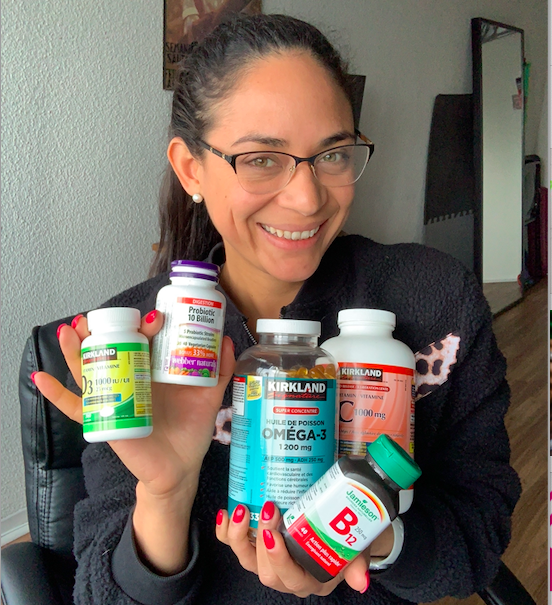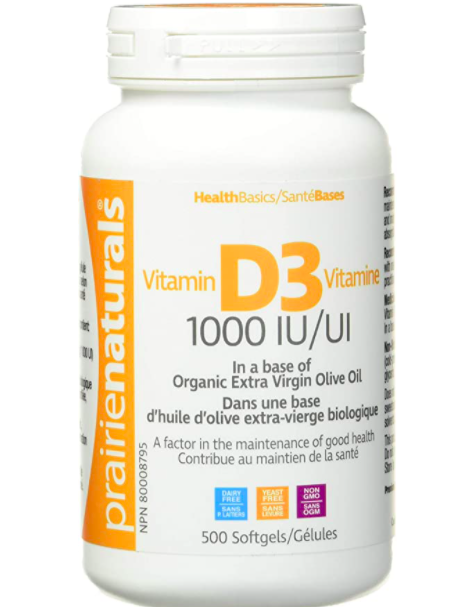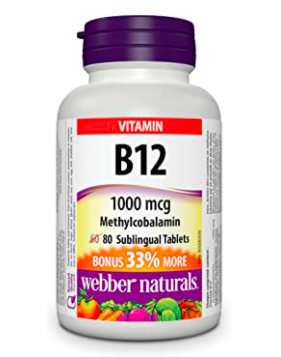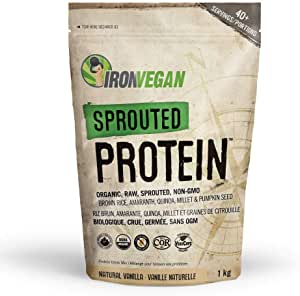Blog
- Nutrition
Do we need supplements or can we get all we need from a healthy, balanced diet?
- Yeli

We need a variety of nutrients each day to stay healthy, and the source of these nutrients is important. Based on this, when I was asked a year or two ago about supplements, I would say a healthy diet would do it. However, the more I research, the more I understand that supplementing is actually beneficial, provided that you choose good quality supplements and that you use them as a compliment to a balanced diet and a healthy lifestyle.
These are the supplements I currently take:
Omega-3
Omega-3 fatty acids are essential fats that you must get from your diet. These incredibly healthy fats have important benefits for your body and brain, yet most people who eat a standard Western diet are not eating nearly enough omega-3 fats.
The best way to ensure optimal omega-3 intake is to eat fatty fish at least twice per week. However, if you don’t eat a lot of fatty fish or seafood, you may want to consider taking a supplement. If you do, make sure the supplement you take has the right amount of both DHA (250mg) and EPA (500mg).
My Omega of Choice:

Probiotics
Probiotic bacteria are widely defined as live microorganisms that, when consumed in sufficient amounts, provide us with a variety of health benefits. These include benefits for weight loss, digestive health, immune function and more.
Probiotic foods include yogurt, kefir, sauerkraut, tempeh, and kimchi. However, if you don’t have these foods in your diets, go for a supplement that comes from a company that follow best practices, such as 3rd party testing.
My probiotic of choice:

Vitamin C
Vitamin C is an essential vitamin, meaning your body can’t produce it, therefore, it’s essential to consume it regularly in sufficient amounts. It is a powerful antioxidant that can strengthen your body’s natural defenses. It’s vital for collagen synthesis, connective tissue, bones, teeth and your small blood vessels.
Citrus fruits such as orange, kiwi, lemon, guava, grapefruit, and vegetables such as broccoli, cauliflower, Brussel sprouts and capsicums are rich, natural sources of vitamin C.
My Vitamin C of choice:

Vitamin D
Vitamin D promotes calcium absorption in the gut and maintains adequate serum calcium and phosphate concentrations to enable normal bone mineralization and to prevent hypocalcemic tetany (involuntary contraction of muscles, leading to cramps and spasms). It is also needed for bone growth and bone remodeling. Without sufficient vitamin D, bones can become thin, brittle, or misshapen. Since our bodies can make Vitamin D when our skin is exposed to sunlight, it becomes extremely important to make sure we get enough of it if we live in areas of the world where sunlight is not always available.The richest natural food sources of vitamin D are Fatty fish and seafood, as well as mushrooms and egg-yolks
My Vitamin D3 supplement of choice:

Vitamin B12
This one is SUPER important if you are following a plant-base or a vegan diet. Vitamin B12 can be found in fortified foods and animal products, so a daily B–complex vitamin can help ensure that people who choose to follow diets that eliminate animal products are getting enough of these important nutrients. For instance, very low B12 intakes can cause anemia and nervous system damage.
You can find Vitamin B12 naturally in fish, meat, poultry, eggs, milk, and milk products.
I eat mostly plant based since 2019, so I supplement with this:

Vegan Protein Powder:
If you are on a plant based diet or are a vegan and you train consistently, then supplementing with a vegan protein powder can help supply your body with the essential amino acids it needs to support protein synthesis, including that needed for muscle repair and growth.
This is my case, because I consider myself to be very active and I teach lots of fitness classes per week, I try to add a vegan protein shake to my diets the day I work out the most.
This is the one I use:

A final word…
Always remember: supplements aren’t intended to replace food. They can’t replicate all of the nutrients and benefits of whole foods, such as fruits and vegetables. However, they help us make sure we are indeed getting all the micronutrients we need to live longer and healthier lives.
Please heck with your physician or health-care provider before including new supplements in your diet. No content on this site should ever be used as a substitute for direct medical advice from your doctor or other qualified clinician.
